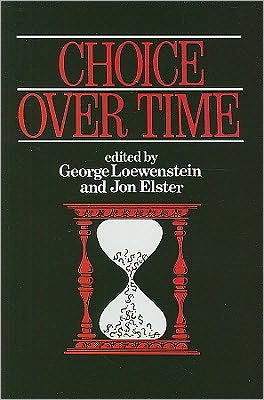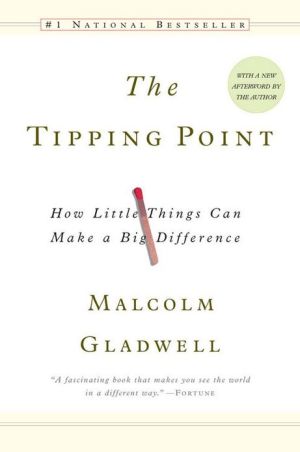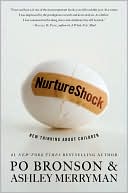Choice over Time
Many of our most urgent national problems suggest a widespread lack of concern for the future. Alarming economic conditions, such as low national savings rates, declining corporate investment in long-term capital projects, and ballooning private and public debt are matched by such social ills as diminished educational achievement, environmental degradation, and high rates of infant mortality, crime, and teenage pregnancy. At the heart of all these troubles lies an important behavioral...
Search in google:
Many of our most urgent national problems suggest a widespread lack of concern for the future. Alarming economic conditions, such as low national savings rates, declining corporate investment in long-term capital projects, and ballooning private and public debt are matched by such social ills as diminished educational achievement, environmental degradation, and high rates of infant mortality, crime, and teenage pregnancy. At the heart of all these troubles lies an important behavioral phenomenon: in the role of consumer, manager, voter, student, or parent, many Americans choose inferior but immediate rewards over greater long-term benefits. Choice Over Time offers a rich sampling of original research on intertemporal choice - how and why people decide between immediate and delayed consequences - from a broad range of theoretical and methodological perspectives in philosophy, political science, psychology, and economics. George Loewenstein, Jon Elster, and their distinguished colleagues review existing theories and forge new approaches to understanding significant questions: Why do people seem to "discount" future benefits? Do individuals use the same decision-making strategy in all aspects of their lives? What part is played by situational factors such as the certainty of delayed consequences? How are decisions affected by personal factors such as willpower and taste? In addressing these issues, the contributors to Choice Over Time address many social, economic, psychological, and personal time problems. Their work demonstrates the predictive power of short-term preferences in behavior as varied as addiction and phobia, the effect of prices on consumption, and the dramatic rise in debt and decline in savings. Choice Over Time provides an essential source for the most recent research and theory on intertemporal choice, offering new models for time preference patterns - and their aberrations - and presenting a diversity of potential solutions to the problem of "t
ContributorsPrefacePt. 1Historical Overview1The Fall and Rise of Psychological Explanations in the Economics of Intertemporal Choice32Intertemporal Choice and Political Thought35Pt. 2General Perspectives3Hyperbolic Discounting574Irrationality, Impulsiveness, and Selfishness as Discount Reversal Effects935Anomalies in Intertemporal Choice: Evidence and an Interpretation1196Delay of Gratification in Children147Pt. 3Self-Control7Self-Command: A New Discipline1678Self-Control177Pt. 4Internalities9Utility from Memory and Anticipation21310Melioration23511The Role of Moral Sentiments in the Theory of Intertemporal Choice265Pt. 5Applications and Extensions12Mental Accounting, Saving, and Self-Control28713A Theory of Addiction33114Rational Addiction and the Effect of Price on Consumption36115Frames of Reference and the Intertemporal Wage Profile371Index383








